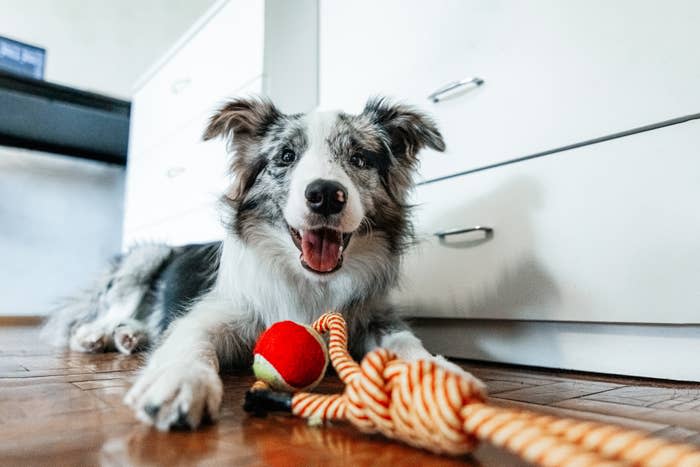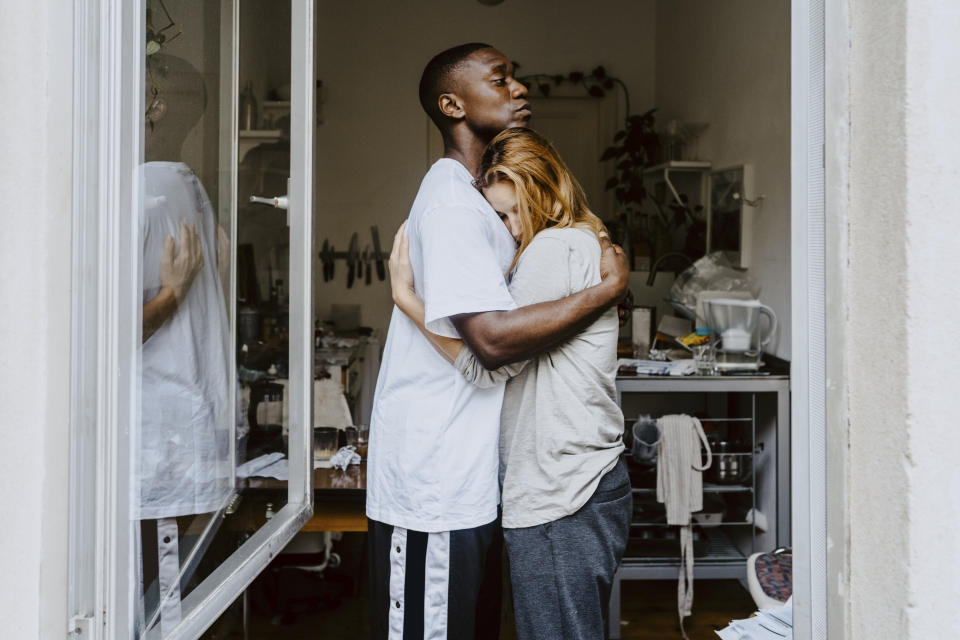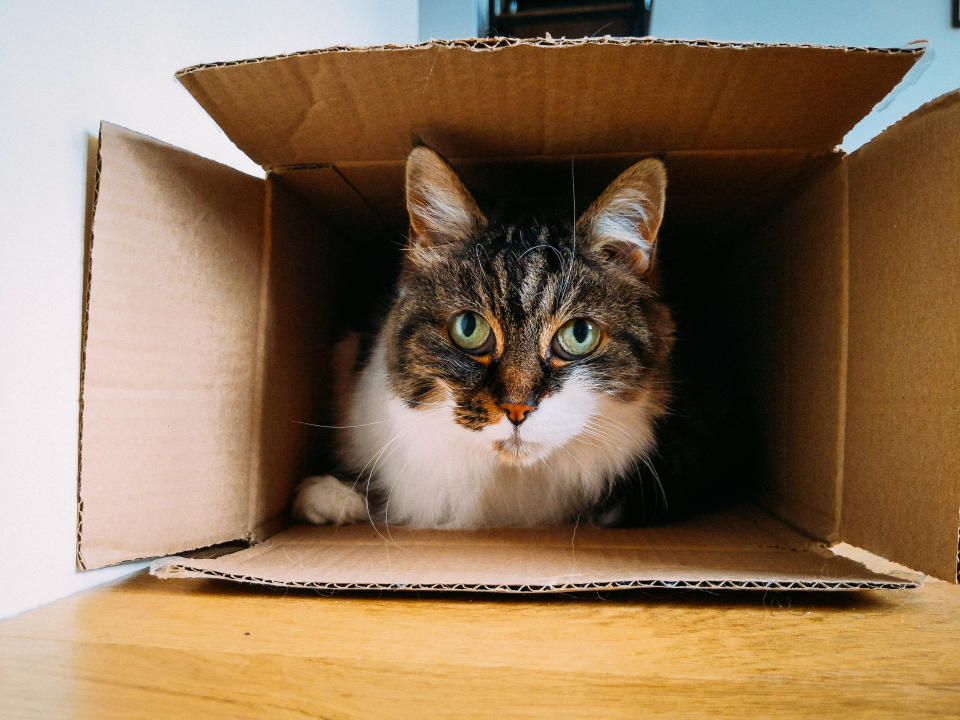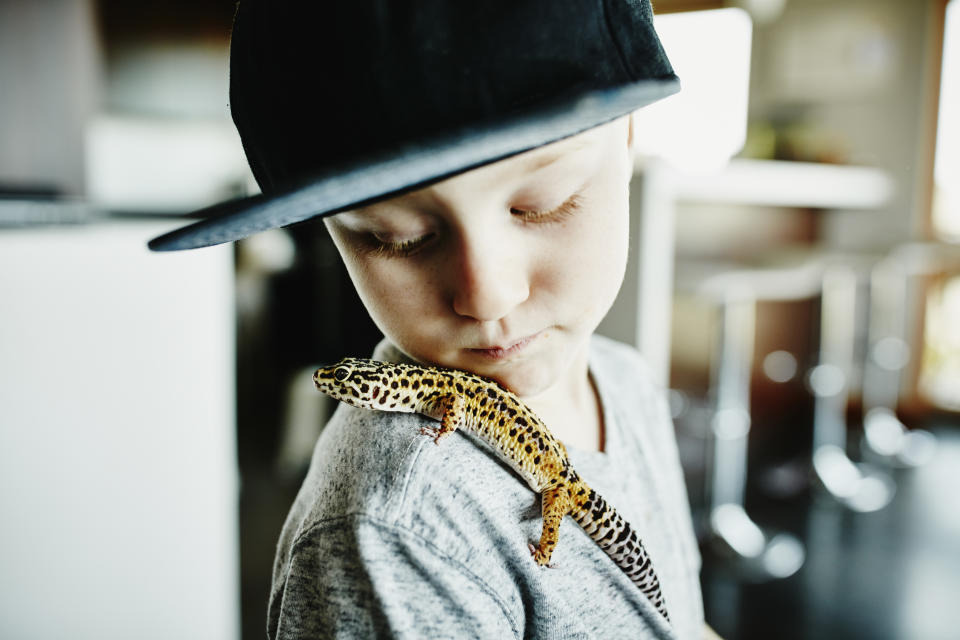Tell Us How You Coped After The Loss Of A Pet
If you or a loved one has ever lost a pet, you may fully understand how heartbreaking this experience can be.

Yet, even though a lot of us may know what this pain feels like, there still seems to be a weird stigma when it comes to grieving our little furry loved ones.

For instance, in the comments of another recent post, one person mentioned how they had to pretend the loss didn't hurt them.

And so many people from the BuzzFeed Community resonated with the comment.

With this in mind, I wanted to know: If you have ever lost a pet, what has your experience with pet grief been like, and how have you navigated during that difficult time in your life?
For instance, did a family pet pass away when you were in college, and the only way you knew how to process the emotion was to go home and spend time with your family?

Or maybe you've recently experienced pet loss for the first time and didn't know how to navigate these emotions. Maybe you tried to find pet loss groups or connect with other loved ones who experienced this firsthand to help you feel less alone.

Or perhaps you rescue older animals to provide love and happiness during the later years of their lives, and you do a specific beautiful ritual when they pass that celebrates the time you had with one another.

Or if you lost a pet years ago and the loss still impacts you today, please share with us how you navigate this today and always.
Also, please share your pet's name, breed, and anything about their personality you would like us to know! We want to celebrate our little loved ones by sharing how they lived as well.

If the above resonates with you, please share your journey with pet grief in the comments below. However, if you prefer to provide an image of your furry friend, you can include the image and your comment in this Google form here so that we can add their picture in the next BuzzFeed article.
The National Alliance on Mental Illness helpline is 1-888-950-6264 (NAMI) and provides information and referral services; GoodTherapy.org is an association of mental health professionals from more than 25 countries who support efforts to reduce harm in therapy.